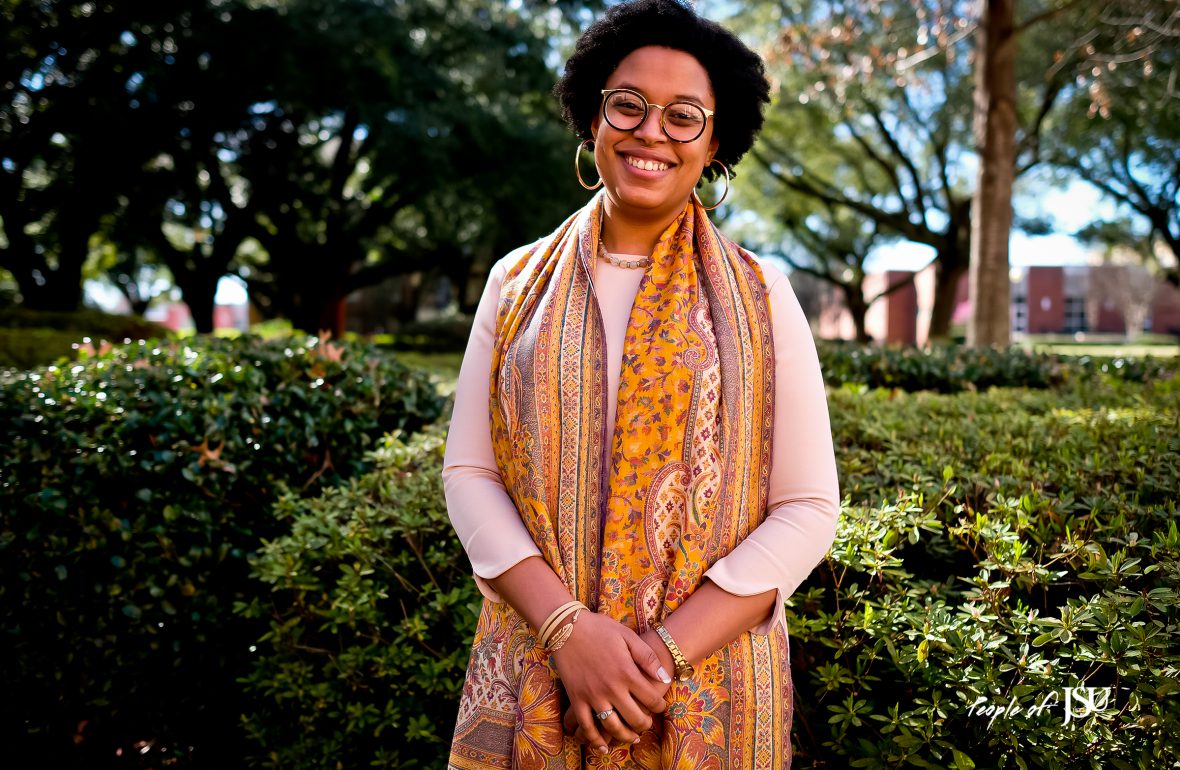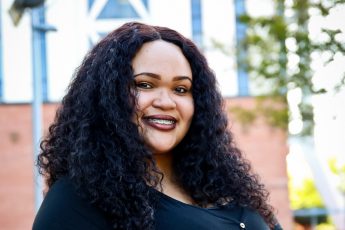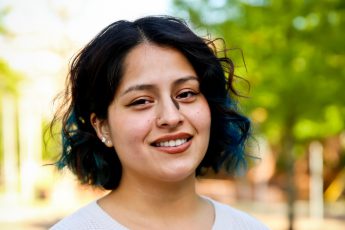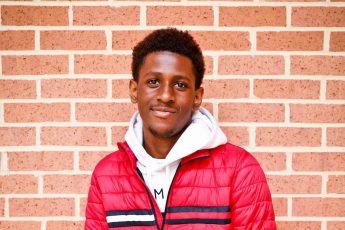
To be honest, I got into it by chance. I studied anthropology in undergrad and took an oral history class just to fill up my quota during my senior year. I thought it seemed easy enough. And I did learn a lot of interesting things. But after I graduated, I had no intention of being a historian in any sense. It was not until six years later that I found out about a master’s program at my alma mater and decided it was worth applying to. It looked like an interesting field, and I had always wanted to go back to school. So, I gave it a shot. My application was accepted and I got a small award, so I guessed that was what I was going to be doing. When I got into the program, I really learned and realized what oral history was, what it meant to me and the ways that I could use my skillsets with my interest in stories and people to do something for my community.
I want to have a hand in highlighting the roles that Black people have played in American history and history at large. And I want our stories to be not just a focus, but to be of use to other people as well. I want to have a career that helps bring our stories to life.”
– Alissa Rae, oral historian at the Margaret Walker Center






